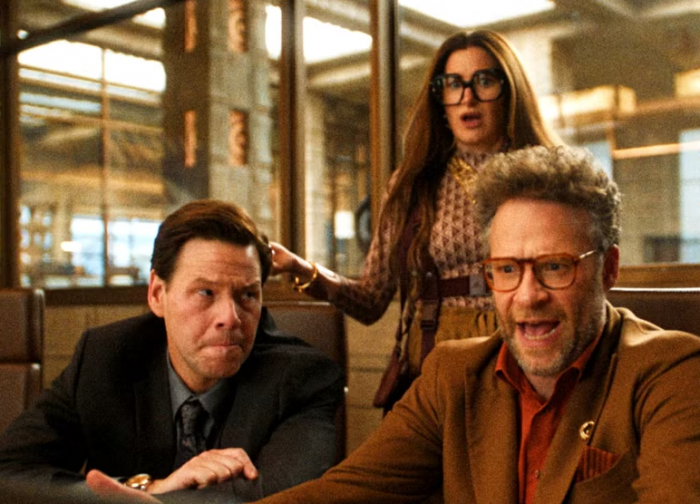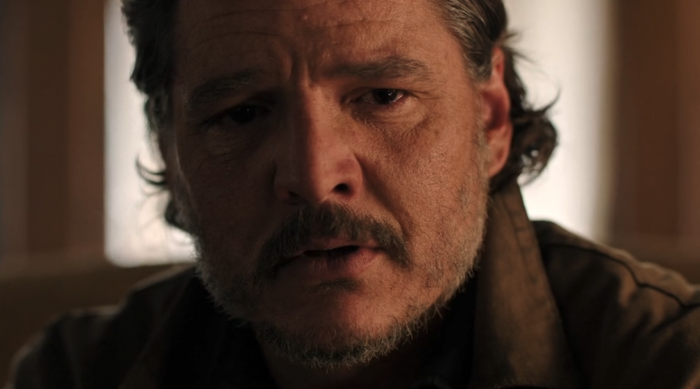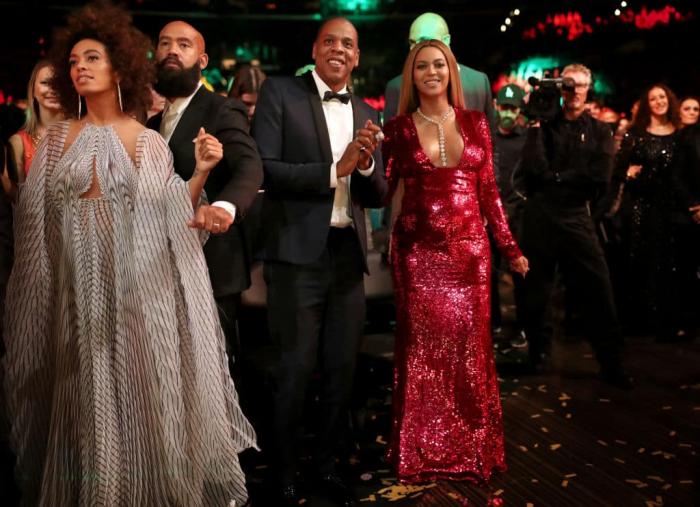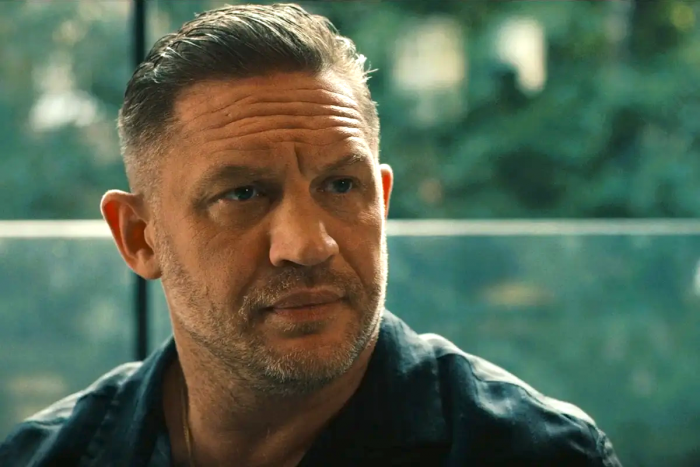
Let's Talk About the Best Episode of 'The Bear' Season Two
By Allyson Johnson | TV | June 30, 2023

Spoilers for ‘The Bear,’ Season 2, Episode 6, “Fishes.”
There was never a car driven through the side of our house, but my family did have their own version of “Fishes,” the sixth episode of season two of The Bear. My grandfather bellowed at my dad about incorrectly cooking the meat, puffing his cigar from his seat at the table. My uncle screamed at my mom, hurling insults and name-calling, while my sister and I ushered the younger cousins downstairs to shield them from the barrage of obscenities. Amid the heated exchanges and threats to leave, they drank and smoked on the front deck. Then, as my uncle’s ex-wife arrived to pick up my cousins, her three daughters, said uncle rallied the troops to avoid appearing “less than” for not having an idyllic Christmas Eve, corralling us into singing Christmas carols — boisterous but drunken — as she pulled into the driveway.
The hour-long flashback episode “Fishes,” replete with its distinguished guest actors and exceptional performances, speaks to those who have one of “those families.” The episode captures the laugh-it-off and barrel-through-the-mess attitude characteristic of those accustomed to stressful family gatherings. The kind of gatherings that lead to annual arguments while getting ready to leave for the in-laws, rigid shoulders, defensive triggers, or, in my case, hives.
“Fishes” deconstructs the toxic family gathering, capturing the escalating tension, the increasing sense of claustrophobia, and the impending sense of doom that comes with an unending night.
The tension is established in the opening sequence, marking the last time a character will breathe fresh air for the remainder of the episode. Directed by series creator Christopher Storer, the pacing and framing exist on a pendulum, a trick that disorients viewers. Aside from this introduction, in which the Berzatto siblings — Carmy (Jeremy Allen White), Natalie (Abby Elliot), and Mikey (Jon Bernthal) — brace themselves to withstand the impending chaos, the episode becomes a mounting display of heated tempers and convoluted histories overlapping each other. The suburban home barely contains the bursting personalities, let alone the seven-course meal that Donna (the brilliant Jamie Lee Curtis) is determined to create.
This dissonance in tone, narrative, and direction casts Donna as the eye of the storm. The majority of the episode’s anxiety hinges on Donna, a frayed nerve that can be set off by anything from a wrong look, a questionable tone, to Carmy’s unrequested assistance. Anything and everything can potentially spin into guilt, unjust criticism, or admonishment of her behavior. Natalie’s worry prompts her to ask Donna if she’s okay, a question Mikey implores her not to ask. Mikey believes that their mother’s issues are best left ignored, rather than fueling her addictions with further ammunition for self-destruction. Despite promising to let her mother drink, smoke, and spiral into drunken tirades, Natalie struggles to spend even a few moments in the kitchen without painting a target on her back. By asking her mom if she’s okay, she forces Donna to confront the fact that she’s not maintaining the composure she thought she had, creating a form of humiliation that alcohol turns venomous.
Donna maintains a continuous stream of frenzied behavior from the start, which we experience first-hand through the camera lens as we burst into the kitchen with her. She’s slathering butter on bread with bare hands, a cigarette dangling from her lips as she hovers over multiple pots with spillover sauce. The set design of this home is beautifully lived in. While it may not be small, it’s narrow, and homes shrink when tempers flare and exits become blocked. “Fishes” nearly captures the essence of afternoons spent in a dusty Revere apartment where my mother and I would perch on windowsills to escape the second-hand smoke.
The tension isn’t only conveyed through rapid-fire dialogue or the anger of two stubborn men seated around a tight table (like Bernthal’s standoff with guest star Bob Odenkirk). It also permeates the smaller, more intimate moments. A scene between Richie (Ebon Moss-Bachrach) and his then-wife (they’ve divorced in the present storyline) played by Gillian Jacobs, closely emulates a John Cassavetes film with its soft focus and tight framing where the actors’ faces fill the entire screen. They’re not arguing, but we know their relationship is doomed, amplifying Richie’s insecurity and making the intimacy devastating.
This scene shares a tone with one where we see Carmy give Mikey a gift that references the restaurant they would’ve run together. The moment crumbles when Mikey’s façade breaks the moment Carmy is out of sight. We know from season one that Mikey will commit suicide, so his minor breakdown over a gift that reminds him of a future he’s unsure he’ll be part of, is especially bitter and melancholic. This scene, along with the one featuring Richie, is tense because they both highlight aspects of the characters’ storylines that, as omniscient viewers, we know won’t come to fruition. Holidays often blend the jovial with the somber, and “Fishes” seeks to harness this, albeit with a heavier lean toward the darker side, the episode bathed in a similar dusk.
This standalone episode is a series highlight. It would have been easy to let it stand as its own individual installment, but the repercussions of this night — which culminate in Donna crashing her car into the side of the house, endangering herself and those inside — reverberate throughout the remainder of the season. Family is messy, and events, where myriad personalities are forced to convene, are laden with tension.
It’s not just that Natalie invites her mom to the opening night in the finale. It’s that they still use Mikey’s saying “Let it rip” as a group motto, and that his and Donna’s influence make it onto the menu. They’re a family who has weathered a deluge of pain and shared plenty of minor to major grievances — a cycle that we see restart as Carmy lashes out at Richie in the finale’s closing moments. That doesn’t mean they don’t continue to shape their own story through the fragments left by others, carrying the joys and burdens of family — both born into and found — and utilizing them as a means to tell a story, be it written, spoken, or conjured up in the kitchen.



